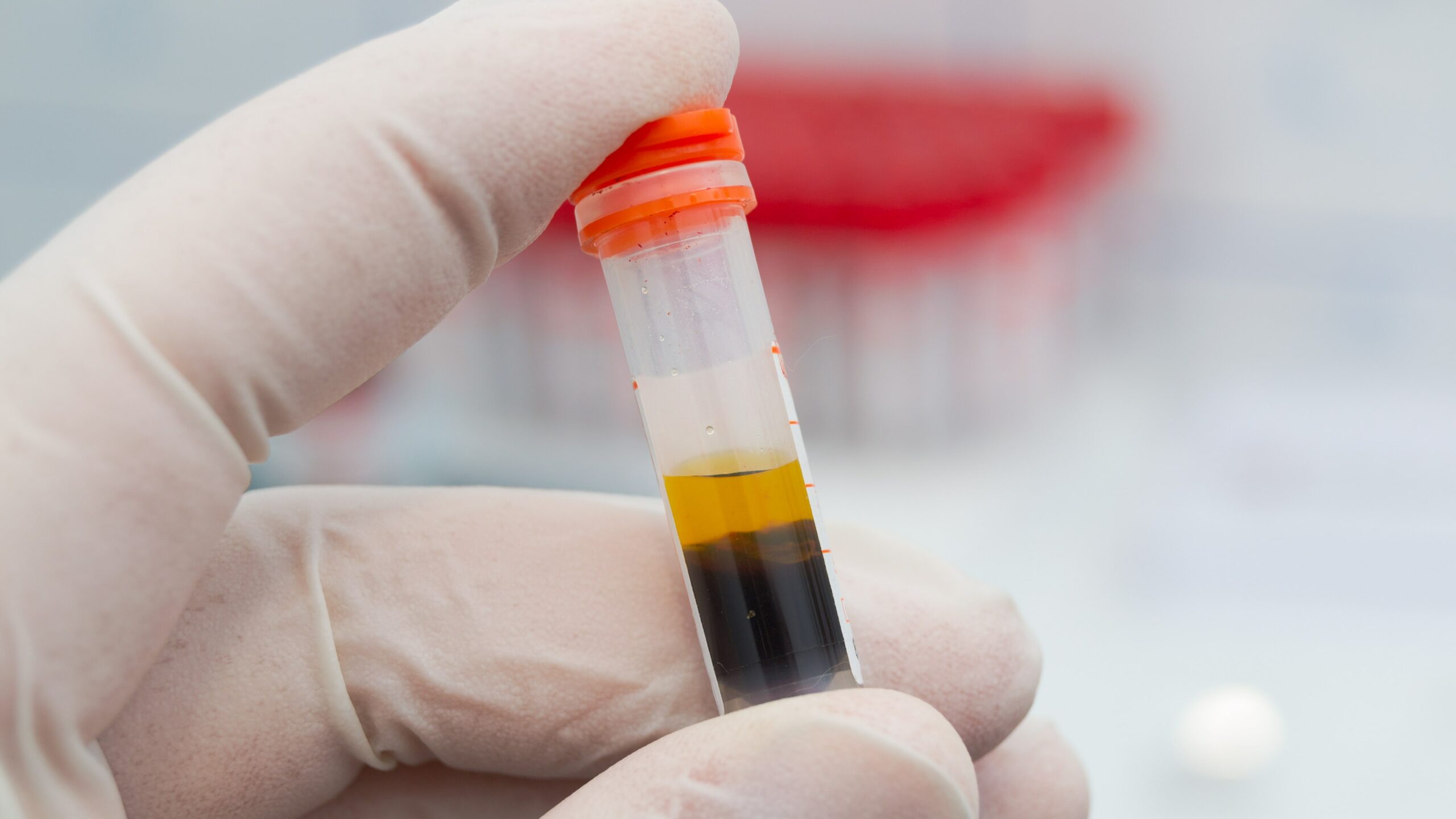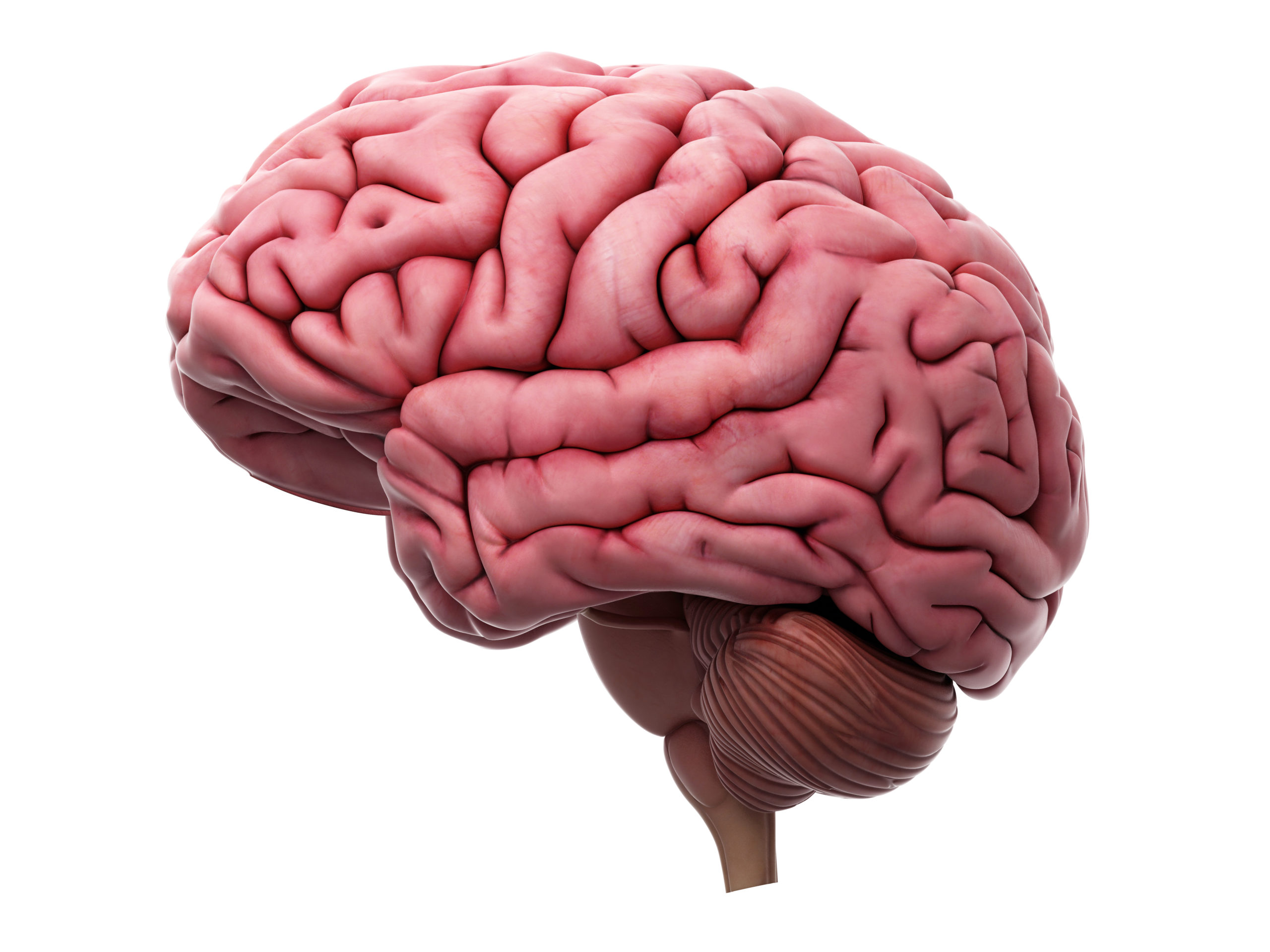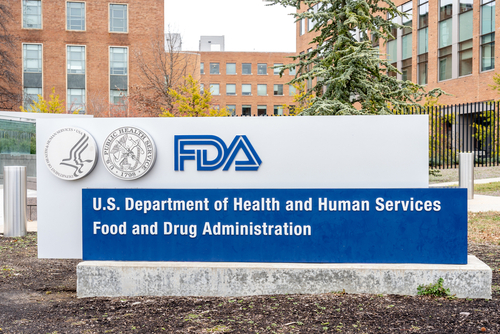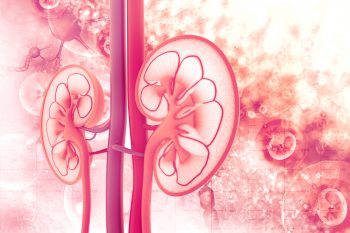
ADPKD
Part of NephTimes
Advertisement
Novartis will acquire Regulus Therapeutics, developer of ADPKD therapeutic candidate farabursen, a novel oligonucleotide.
Lupin's generic tolvaptan tablets are now FDA-approved for treating autosomal dominant polycystic kidney disease (ADPKD).
KDIGO has published its first guideline on the evaluation, management, and treatment of ADPKD.
A study examined the effects of adding dapagliflozin to treatment with tolvaptan in patients with ADPKD.
A study examined whether serum phosphate levels could predict kidney outcomes in patients with ADPKD.
An exploratory pilot study aimed to identify and evaluate potential proinflammatory biomarkers in patients with ADPKD.
A post hoc analysis of TEMPO 3:4 results examined longer-term effects of tolvaptan on TKV and eGFR in patients with ADPKD.
Data regarding mortality specific to patients with autosomal dominant polycystic kidney disease (ADPKD) are limited.
A team evaluated the Mayo imaging classification system's ability to predict kidney outcomes in an ADPKD cohort.
Researchers compared factors associated with intracranial aneurysm in patients with ADPKD.
The FDA granted orphan drug designation to AP303 for the treatment of autosomal dominant polycystic kidney disease (ADPKD).
Nephrologist Ronald Perrone, MD, has joined the clinical advisory board of XORTX Therapeutics, Inc.
The FDA approved a clinical trial of VX-407 to treat autosomal dominant polycystic kidney disease.
Researchers examined the association between good nutritional status and preservation of kidney function in ADPKD.
Unilateral nephrectomy resulted in a decrease of 46.4% in urinary EGF excretion, and a decrease of 35.2% in eGFR.
Patients with autosomal dominant polycystic kidney disease commonly progress to ESRD in the fifth decade of life.
Autosomal dominant polycystic kidney disease (ADPKD) is characterized by the accumulation of fluid-filled cysts in the kidney
Results of a study evaluating the prevalence of common comorbid conditions in patients with ADPKD.
Clinical development models for polycystic kidney disease remain challenging.
Tolvaptan showed real-world effectiveness in slowing decline in eGFR when compared with matched historical controls.
Advertisement

















 © 2025 Mashup Media, LLC, a Formedics Property. All Rights Reserved.
© 2025 Mashup Media, LLC, a Formedics Property. All Rights Reserved.